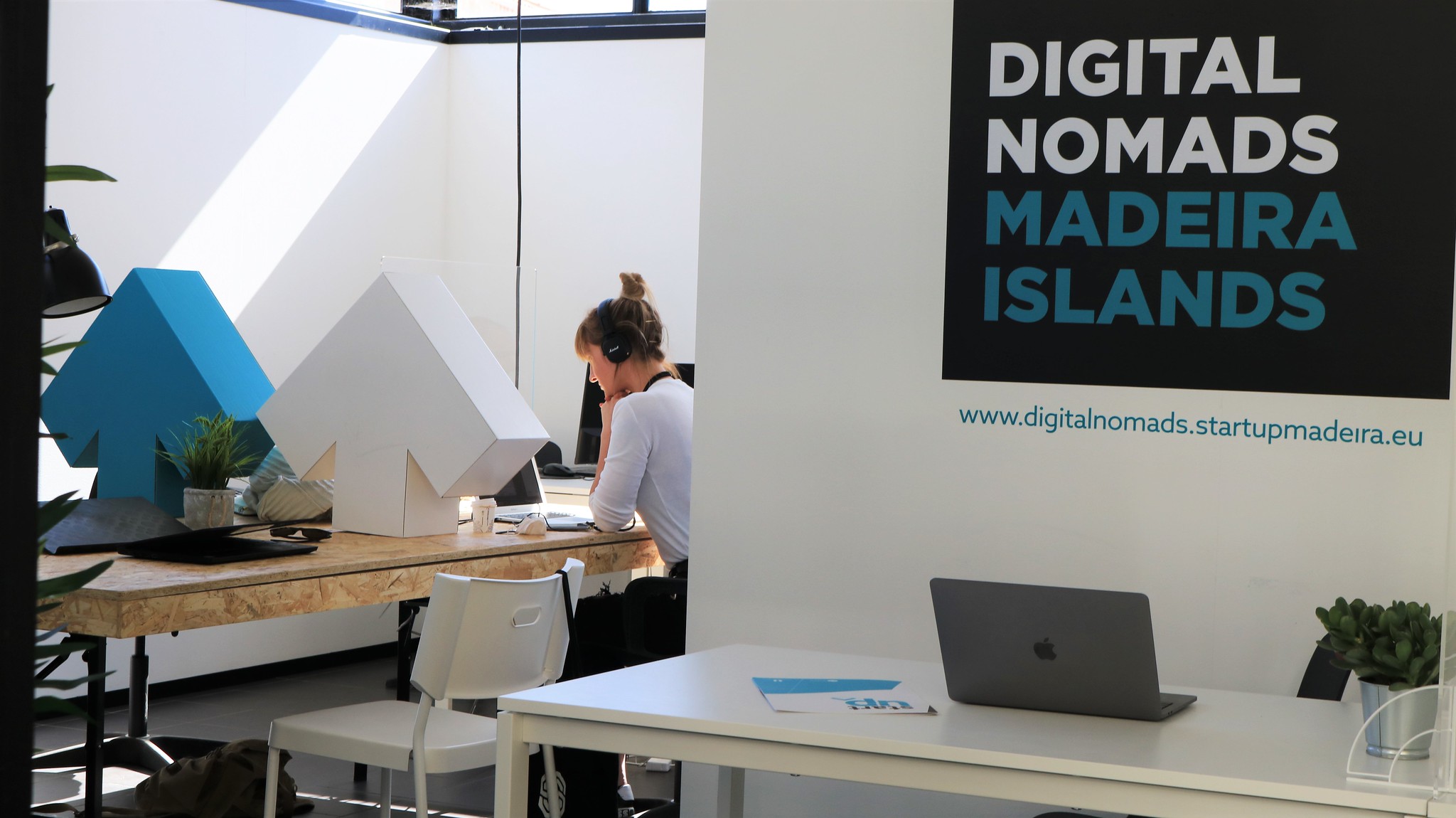Pablo Ruiz-Escribano: ‘I believe Portugal’ can become ‘a digital hub’
"I believe Portugal has one of the best factors to become a digital hub, what it has to do is have a country strategy," says Pablo Ruiz-Escribano.
Pablo Ruiz-Escribano, one of the vice-presidents of Schneider Electric Iberia, considers, in an interview to Lusa, that “Portugal has one of the best factors to become a digital hub”, but it is necessary to have “a country strategy”.
The vice-president of Schneider Electric’s secure power & field services areas for the Iberian market says that Portugal has competitive advantages and the company wants to be part of the country’s digitalisation process. “I believe Portugal has one of the best factors to become a digital hub, what it has to do is have a country strategy”. In other words, Portugal “has to have a common strategy that helps bring in investments and aligns all the different actors in the value chain”.
And when that happens there will be “an ecosystem that has an economy, a sustainable digital industry”, he says, because currently what exists are “some separate things, some companies, some large data centre projects, which is the necessary infrastructure to support” the digital transformation, “but not everything is interconnected”.
For example, the Sines 4.0 project “is a flagship project, but Portugal cannot remain a hub if it only has a flagship, it has to develop an industry, an ecosystem, it has to have a holistic vision”, argues Pablo Ruiz-Escribano.
Portugal “has a geostrategic positioning and conditions: a stable country, where people like to come and live, which has well-trained people, it has everything, but it lacks a common country strategy to bring and align all the actors and bring the investments”, stresses the manager of Schneider Electric. Pablo Ruiz-Escribano highlighted the “opportunity with the RRP [Recovery and Resilience Plan]” for the digital transformation of the economy, whether in industries, cities, smart buildings.
“All of this will be a source to generate data that will feed these big hubs that can stay here [in Portugal] and that will convert data into value,” becoming an “industry that will be sustainable and that will be continuously growing,” he said.
However, Portugal also has competition, he alerts, giving examples of Madrid, Marseille and other cities that are “working in the same direction”. The digital transition “is not only a Portuguese commitment, but it is also a necessity for Portugal, a necessity for all economies,” says the Iberian responsible for Schneider Electric.
“There is a need for all companies, whether small, medium and large, it is undoubtedly a need of the industry, technology today is much more available, so to gain competitiveness, to make a product you need to integrate technology, you need to integrate digitalisation into the DNA and processes of companies,” he continues.
But there is still “a long way to go”, companies, both in Portugal and Spain, still do not have an integrated digitalisation strategy, as they are still “working in parcels and do not have a holistic strategy”. In other words, “companies are working in silos and, for me, what technology provides today is the possibility of more data, but that it flows and is connected to each other” and so “I think we have a lot to do.”
Schneider Electric wants to be part of the process and is currently helping its customers, also in Portugal, to “make that transformation” digital. “We are putting [the group’s experience in digitalisation] into helping small and medium-sized companies in Portugal, we have an Iberian team that is following the PRR and NexGenerationEU” so that the supports reach “as many companies as possible” and help define what the digitalisation strategy should be,” he says.
The digital transformation “is a matter of survival. If a company does not decide to digitize now, in five years it may disappear” because everything “is changing completely”, emphasizes Pablo Ruiz-Escribano. The pandemic, he says, has sped up two needs: “to develop a more sustainable world and also a more digital world”. And this has also influenced the work model, which will tend to be hybrid. “I think the hybrid model with flexibility will become a new working system”, he considers, a measure that will impact the environment and sustainability. In Portugal, Schneider Electric has “up to three days of teleworking possible.”
Although last year the company in Portugal was affected by the pandemic, this year it is “growing more than in 2019”, he adds. “Our digitalisation and sustainability strategy has been strengthened, we are gaining market share,” he explains, pointing out that the same is happening in Spain. With almost 200 employees in the Portuguese market, Schneider Electric foresees the reinforcement of the team. For next year, Schneider Electric intends to expand the team in Portugal by hiring approximately 15 people.
“I have two responsibilities [in the Portuguese market], one of them is the secure power business, which supports the critical infrastructure for data centres, without a doubt we would like to stay as strategic partners of companies in the digitalisation process,” he says when asked about the goals for Portugal.
Besides, he intends to “gain market share” and if Portugal becomes “a data gateway for Europe, we want to accompany” the country “in that process”. In the area of services, the aim is to double revenues.


